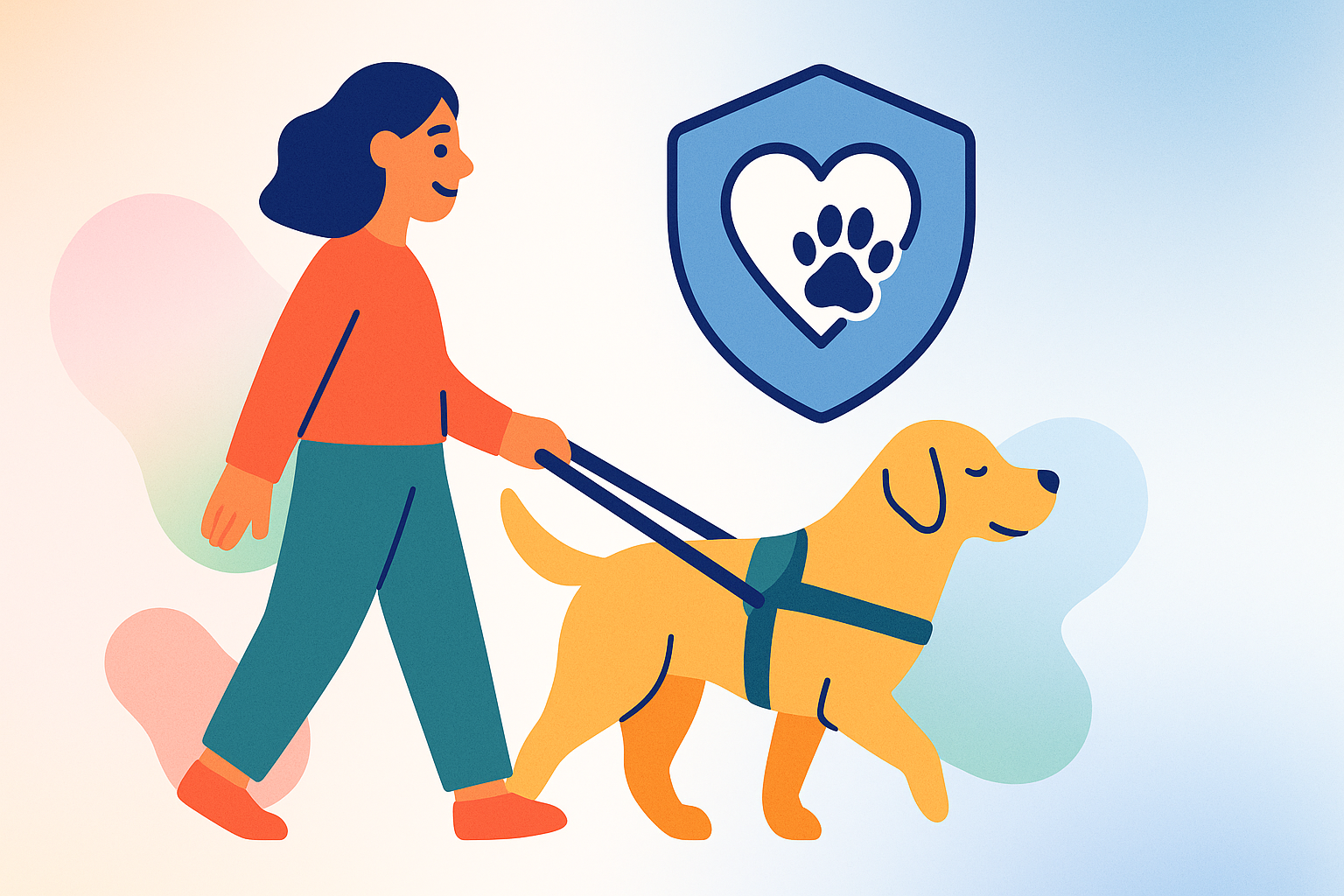


Service animals, also known as assistance animals or support animals, are specially trained to help individuals with disabilities perform daily tasks and navigate various environments safely. These animals provide critical support for people with physical, sensory, psychiatric, or intellectual disabilities by enhancing independence and improving quality of life. Common service animals include guide dogs for the visually impaired and mobility assistance dogs for those with limited movement. Recognized under laws like the Americans with Disabilities Act (ADA), service animals differ from emotional support animals because of their specific training to perform tasks directly related to a person’s disability. Using a service animal can significantly reduce barriers faced by individuals, making workplaces and public spaces more accessible and inclusive.
To use a service animal effectively, start by selecting a properly trained animal suited to the individual’s specific needs. Allow the animal to accompany the person in their usual environments, respecting their space and working role. Regular training refreshers and health check-ups keep the animal responsive and healthy. Employers and coworkers should be educated on interacting respectfully with service animals, avoiding distractions or petting during work. Clear communication about the animal’s tasks and boundaries helps maintain a supportive environment for both the service animal and the person it assists.
Disclo streamlines requests, documentation, and tracking for Service Animal, so HR teams and employees spend less time on paperwork and more time working productively.
